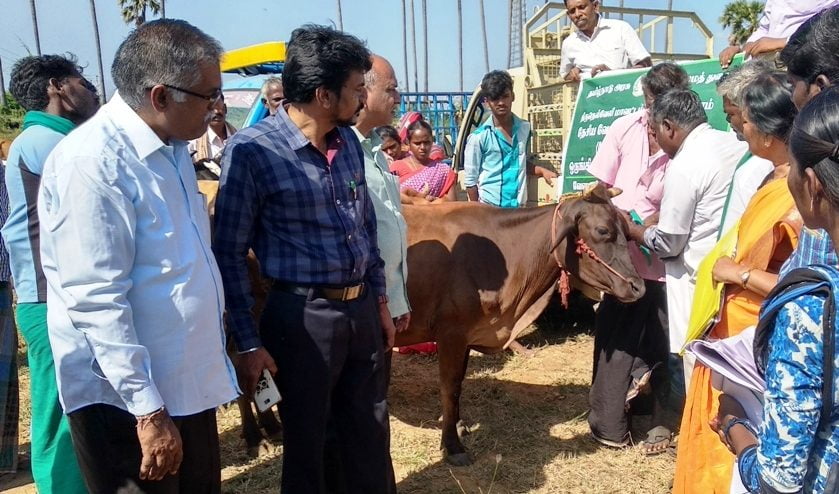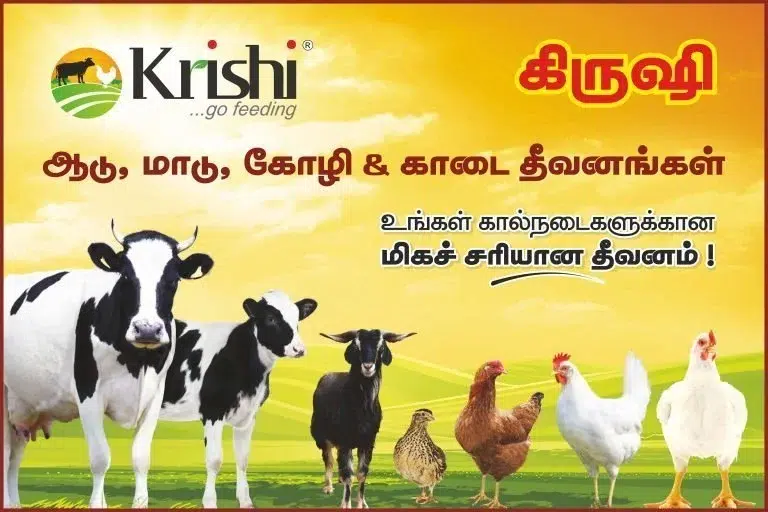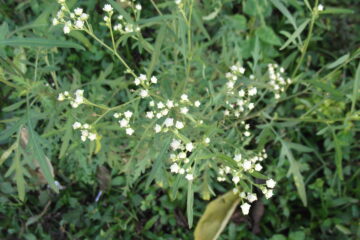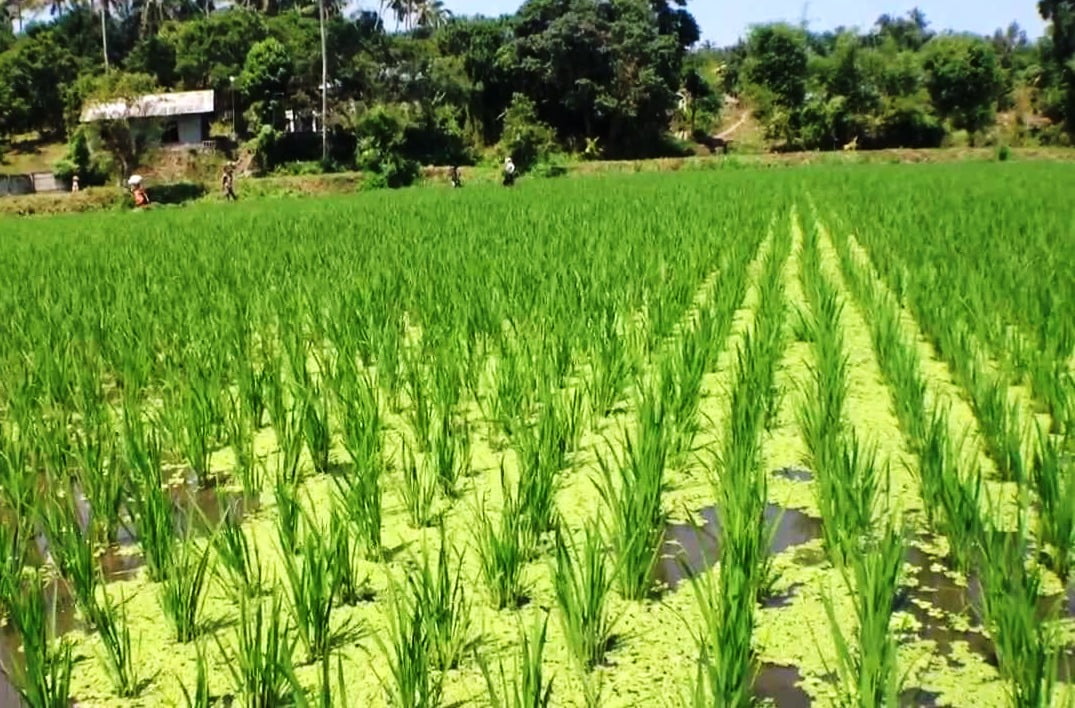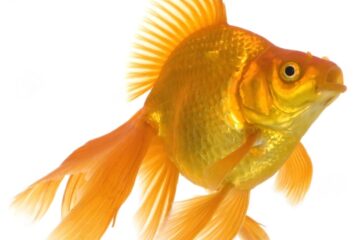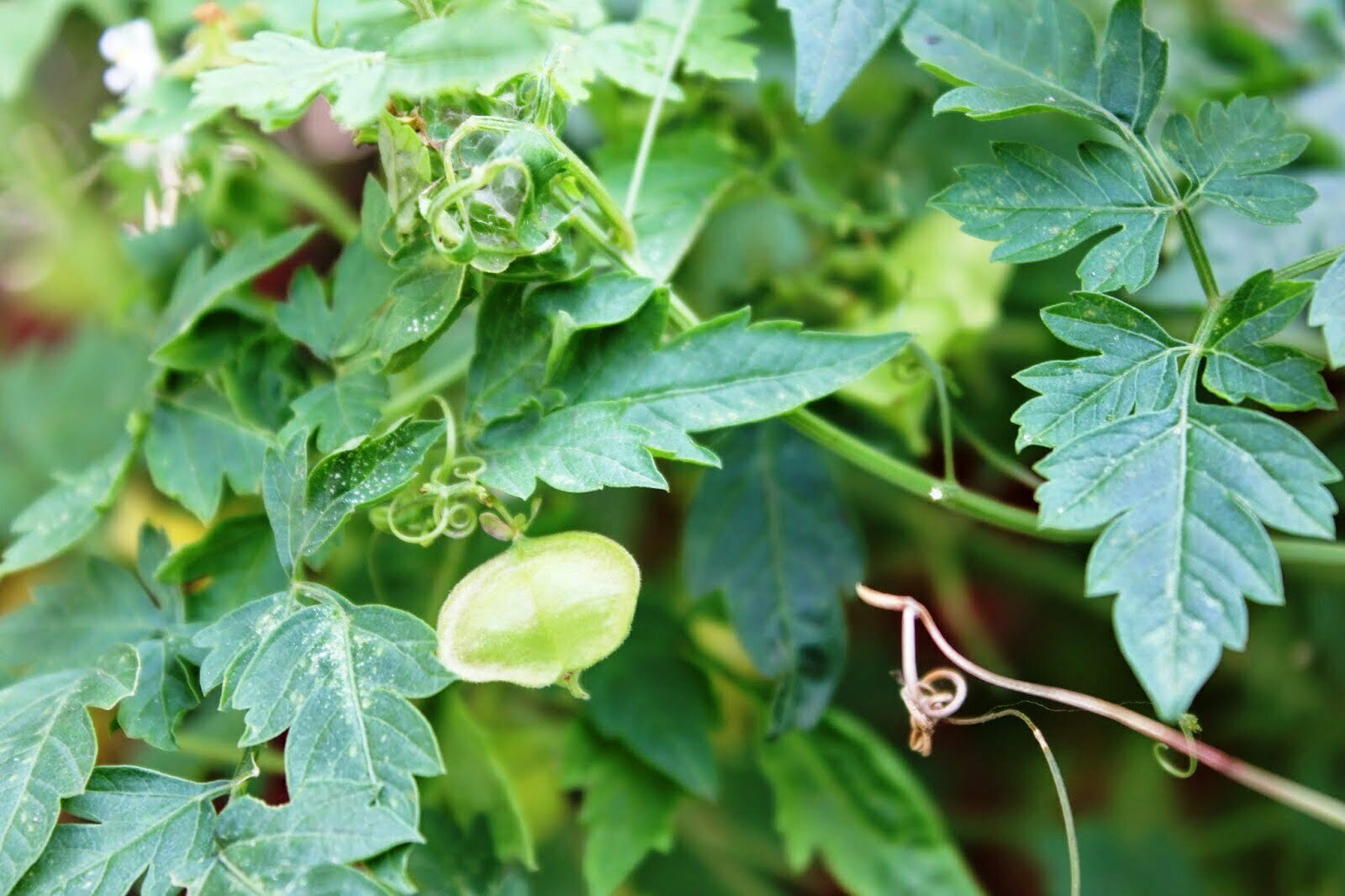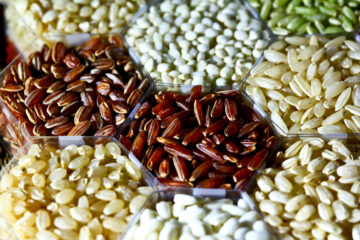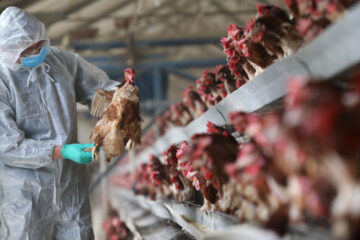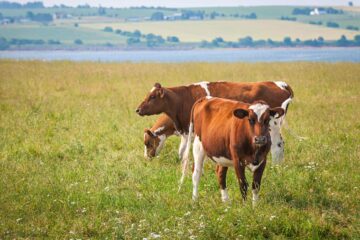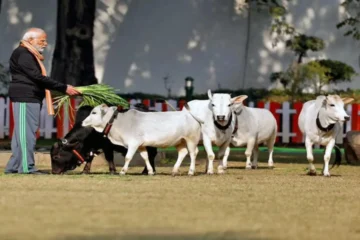Published in: March 2019
To secure the income of farmers in Tamil Nadu, the state’s Department of Agriculture is implementing an integrated farming system. This initiative provides various types of assistance to participating farmers. Director of Agriculture V. Dakshinamoorthy elaborated on this program.
“Agriculture is a crucial industry in our country. Despite the adoption of modern technologies that have increased productivity, farmers still face significant challenges due to rising cultivation costs, labor shortages, and decreasing cultivated areas. Therefore, integrated farming practices are essential to overcome these challenges and achieve higher incomes.
Integrated farming involves combining various agricultural and allied activities to increase crop yields and income, recycle farm waste, and utilize by-products from one farming activity as input for another. This system helps farmers improve their uncertain incomes and mitigate labor shortages. Moreover, by converting farm waste into valuable resources, the land becomes more fertile, and the environment is preserved.
Integrated farming is tailored to different climatic conditions. Model demonstrations of suitable farming methods are provided to offer technical advice to farmers. The goal is to double farmers’ incomes by promoting income-generating activities at the farm level and protecting their livelihoods through environment-friendly farming methods.

Integrated farming is being implemented in four different agro-climatic zones across five districts: Tirunelveli, Madurai, Thanjavur, Villupuram, and Erode. In each district, 500 model farms are set up, totaling 2,500 integrated farming models.
These models include various components such as dairy cows, goats, native chickens, ducks, kitchen gardens, fruit trees, fodder crops, biogas units, farm ponds, beekeeping, agroforestry, turkey or quail or rabbit farming, fodder trees, and vermicomposting units. Farmers can receive up to ₹100,000 per model at a 50% subsidy. The project is implemented at a cost of ₹2,577.20 million for 2,500 models.
So far, crops have been cultivated on 6,157 acres, and farmers have purchased 3,528 dairy cows, 8,726 goats, 28,740 native chickens, and 80 turkeys. Additionally, 144 farm ponds, 93 fish ponds, 373 biogas units, 1,858 kitchen gardens, and 1,039 vermicompost bins have been established. Farmers have also received 12.799 million fodder slips, 2,588 kg of fodder seeds, 74,623 community nursery saplings, 25,560 fruit tree saplings, and 3,144 beehives. The project has incurred an expenditure of ₹1,022 million.
The Integrated Farming Scheme offers a way for all farmers to enhance their livelihoods by combining modern scientific methods in small areas for crop cultivation, livestock rearing, fish farming, agroforestry, and other supplementary activities. As a result, in 2019-20, another 5,000 integrated farming models will be established across 25 districts at a cost of ₹5,161 million,” he said.
M. Umapathi

